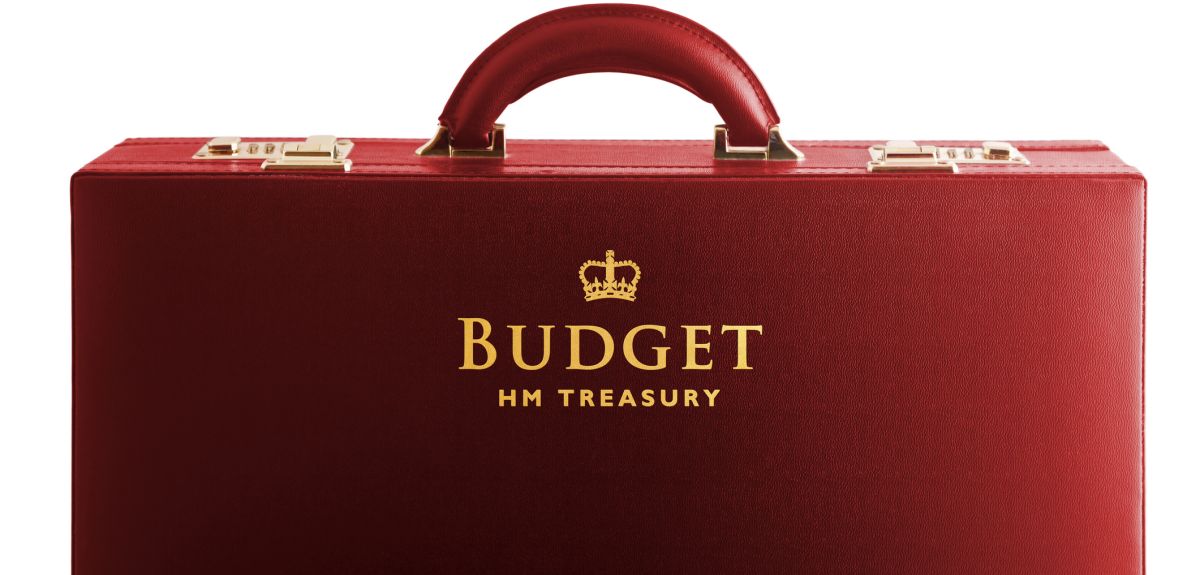Reading time: 2 Minutes
Labour’s first Budget in 14 years, delivered by Chancellor Rachel Reeves, brings mixed news for landlords. While the Capital Gains Tax (CGT) for residential properties remains unchanged, increases in Stamp Duty have raised concerns. Here’s what landlords need to know.
Key Takeaway 1: Capital Gains Tax Rates Unaffected for Residential Properties
Capital Gains Tax (CGT) applies to profits from selling assets, including rental properties. While the lower CGT rate will increase from 10% to 18% and the higher rate from 20% to 24%, the rate for residential properties will stay the same. This means landlords won’t face additional CGT burdens if they choose to sell their properties.
Key Takeaway 2: Stamp Duty Increases for Second Homes
The Autumn Budget introduces a new Stamp Duty Land Tax (SDLT) rate of 5% for second homes, up from 2%. This increase could deter potential landlords and discourage current landlords from expanding their portfolios, potentially reducing rental property availability and driving up rents.
Key Takeaway 3: Employers’ National Insurance Contributions Rise
From April 2025, employers’ National Insurance (NI) contributions will increase by 1.2%, raising the rate to 15%. The NI threshold will also lower from £9,100 to £5,000. To offset this, the Employment Allowance will rise from £5,000 to £10,500, ensuring many employers will not pay any NI at all next year.
Key Takeaway 4: Inheritance Tax (IHT) Threshold Extended
IHT thresholds will now be extended until 2030, allowing the first £325,000 of an estate to be inherited tax-free. If a residence is included, this rises to £500,000, and up to £1 million for surviving spouses or civil partners. Inherited pensions will also be subject to IHT starting in April 2027.
Additional Updates
- Fuel duty and corporation tax will remain frozen.
- The non-dom tax status will be abolished.
- The National Living Wage will increase by 6.7%, reaching £12.21 per hour for those over 21.
- The National Minimum Wage will rise to £10 per hour for ages 18 to 20, with apprentices earning £7.55 per hour from April, an 18% increase.
Conclusion
This Autumn Budget is aimed at fostering long-term economic growth in the UK. While landlords are spared from CGT increases, they will face challenges from higher Stamp Duty rates. Letting agents should prepare to navigate these changes with both new and existing landlords.




